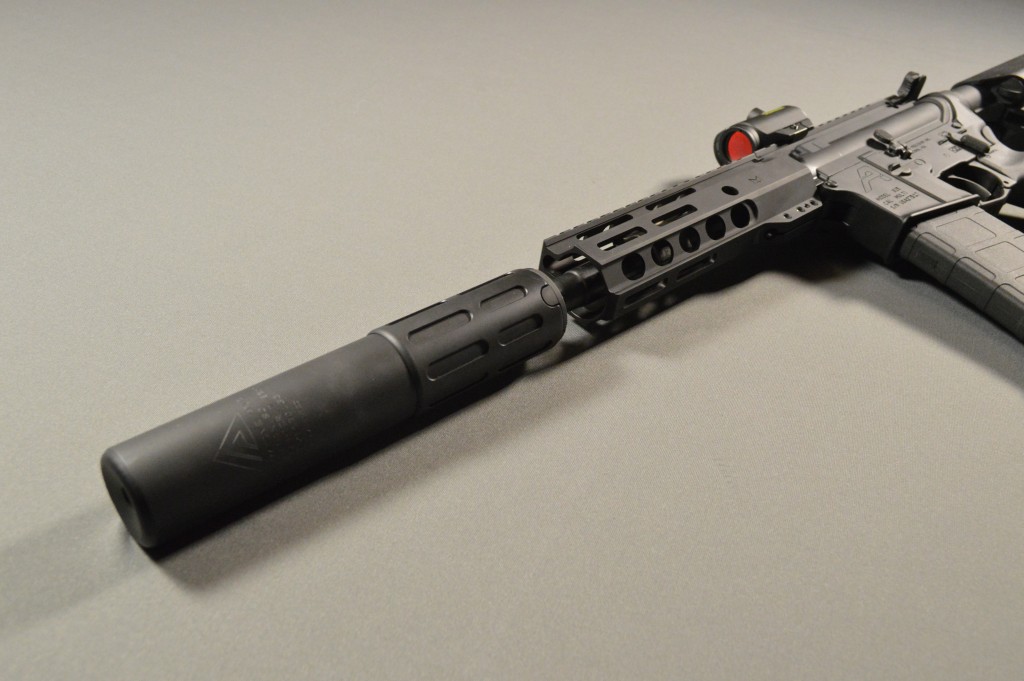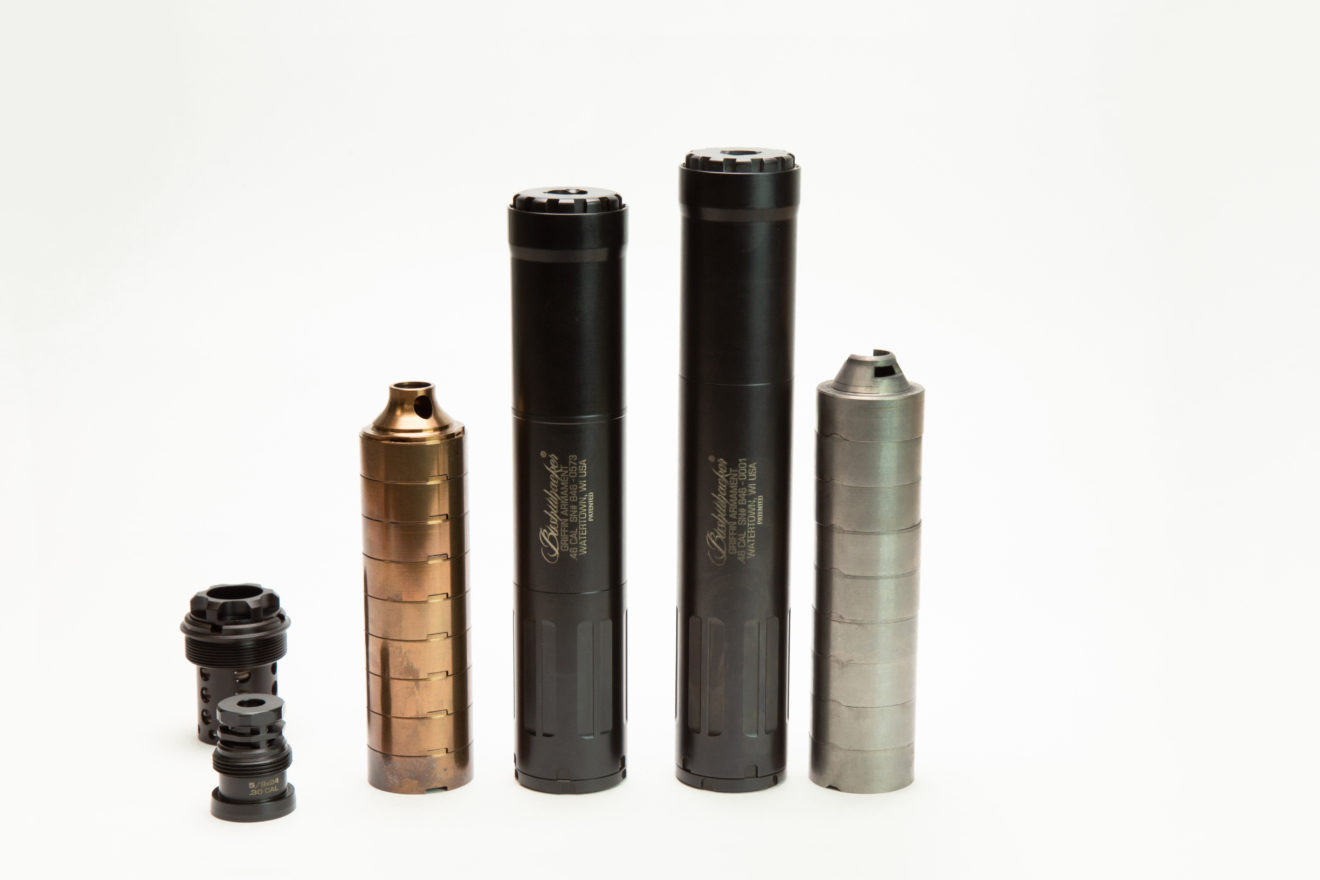State Department Legalizes U.S. Silencers for Export
Jeremy Mallette is co-founder of International Sportsman. An avid hunter and outdoorsman, he has spent more than a decade in the outdoor industry, from hiking and camping to silencers and hunting. His father taught him to shoot at age six, and he received his first firearm at age eight — a 1942 Colt Commando .38 special revolver. He enjoys yearly trips to Kansas for pheasant hunting, spending time with his children at the deer lease, and collecting unique firearms.



